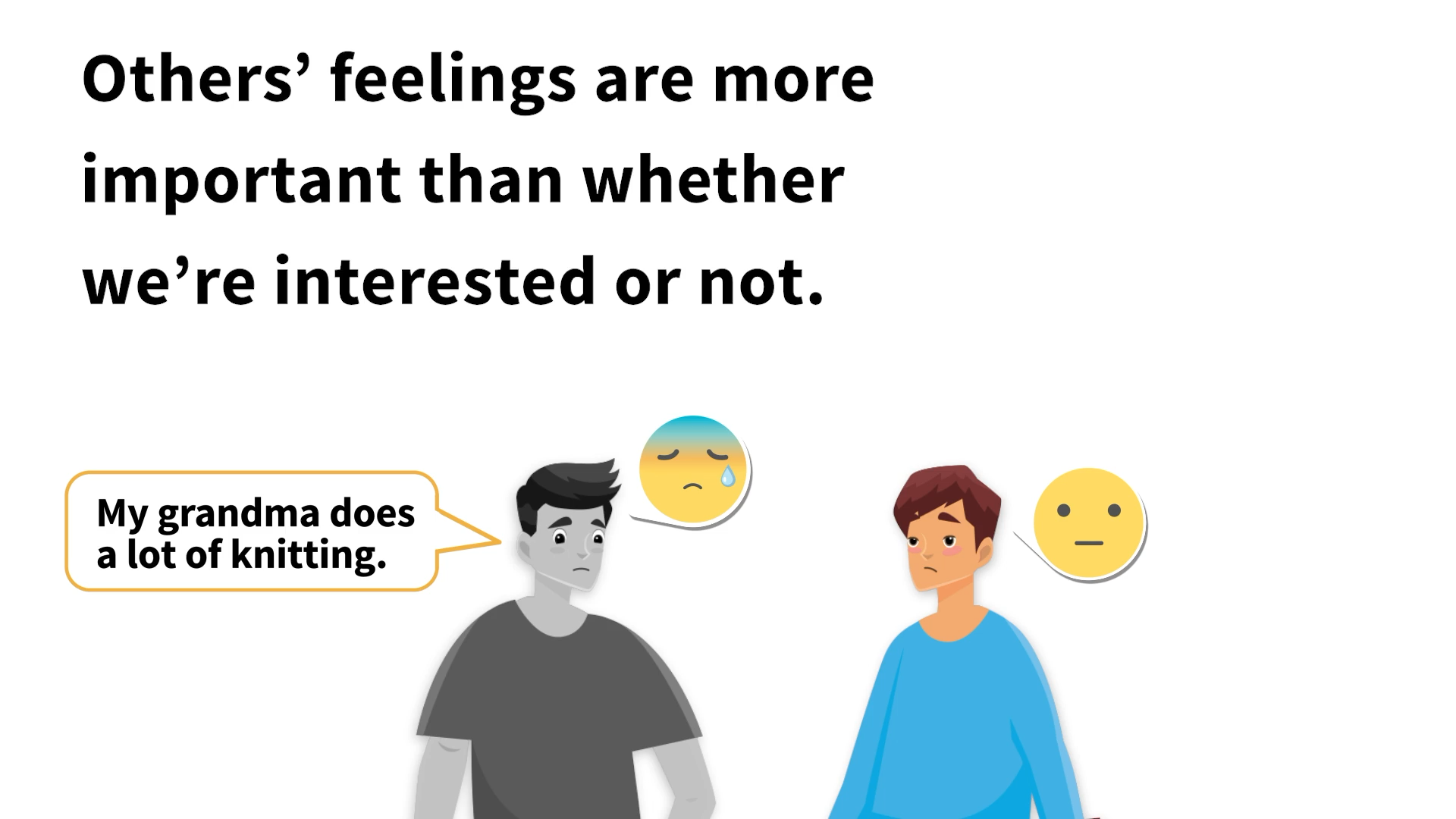Introduction
In social interactions, people discuss various topics, some of which might not be interesting to everyone involved. For young children, it’s essential to learn that even if they find a topic boring, it’s crucial to show interest and avoid hurting others’ feelings. This blog post will explore techniques and activities for educators to teach kindergarten students how to pretend they’re interested in a conversation, even when they’re not. By doing so, students will learn to foster positive social interactions and make others feel valued.
No-Prep Activity: The Enthusiastic Listener
This activity helps students practice showing interest in a conversation, even when the topic might not be engaging to them. No materials or preparation is needed for this exercise.
- Divide the class into pairs.
- Ask one student in each pair to talk about a topic they enjoy for two minutes. The other student’s role is to be an enthusiastic listener.
- During this time, the listener should practice facial expressions, body language, and enthusiastic responses to show interest, even if they don’t find the topic engaging.
- After two minutes, the students switch roles.
- After both students have had a chance to practice, gather the class together and discuss their experiences and observations.
Discussion Questions
- What body language and facial expressions did you use to show interest in the conversation?
- How did it feel to pretend to be interested in a topic that you found boring?
- Why is it important to show interest in a conversation, even if you are not genuinely engaged?
- What strategies can you use to maintain a conversation when you’re not interested in the topic?
- How can we support others in conversations and make them feel valued, even when we’re not genuinely interested in the subject matter?
Related Skills
In addition to showing interest in conversations, there are other essential social-emotional skills that students should develop:
- Active Listening: Paying close attention to what the speaker is saying, asking clarifying questions, and providing appropriate feedback.
- Empathy: Understanding and sharing the feelings of others, even if we do not have the same experiences or interests.
- Respectful Communication: Speaking to others in a kind and polite manner, even when we disagree or have different interests.
- Body Language Awareness: Recognizing and interpreting non-verbal cues in social interactions to better understand others’ emotions and intentions.
Next Steps
If you found this blog post helpful and would like to explore more resources for teaching social-emotional skills to your kindergarten students, we encourage you to sign up for free sample materials at Everyday Speech. These resources will provide you with engaging activities and lessons to help your students develop essential social-emotional skills for creating positive interactions with others.






